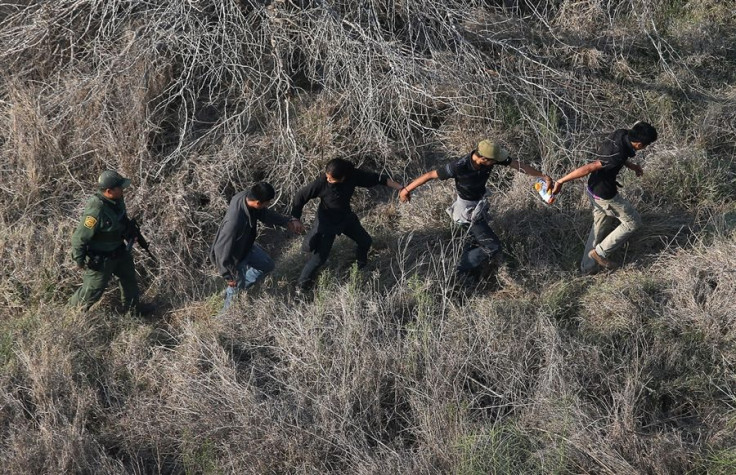
The US Department of Homeland Security (DHS) released figures on Friday indicating that requests for asylum in the United States along the Southwest border with Mexico have more than doubled over the last three years. With three months to go in the fiscal year, some 14,610 individuals have filed "credible fear" claims - requests in which the applicant cited the fear of persecution back home - as opposed to 6,824 for the entire 2011 fiscal year. But Mexicans rarely see their requests for asylum granted, despite intense drug-related violence in the country's north and other states lying on trafficking routes running north from Central and South America. According to the DHS, 91 percent of petitions coming from Mexican citizens are denied, on average.
The DHS released the figures in response to an August 12 Fox News article which claimed that hundreds of Mexican immigrants were being allowed entry to the US every day through the credible fear "loophole", which the Fox article said saw them rattling off by rote memory a list of "key words and phrases" to immigration authorities. The DHS said the article overstated the frequency of those requests and estimated the number of people seeking asylum upon their arrival at San Diego ports to be about 30 per day, out of about 170,000 daily travelers traversing the border legally.
Those who request asylum upon presenting themselves at the border are known as "affirmative asylees" in the Department's nomenclature. According to the 2012 info from the DHS, 337 Mexicans sought it that year - 1.9 percent of that year's total of 17,506. A large percentage of affirmative asylees were from either China (4,768 or 27.2 percent) or Egypt (2,576 or 14.7 percent). Venezuela came in third on that list with 969 applicants, or 5.5 percent of the share. On the Department's list of all types of asylum seekers, Mexico doesn't even make the top ten. DHS officials did not provide data on 2013, but said their numbers don't show a marked increase in asylum requests from Mexican citizens.
"Most people who get these credible fear interviews, even if they pass, it doesn't mean they're going to be released," David Leopold, an Ohio immigration attorney and former president of the American Immigration Lawyers Association, told the Associated Press. "You could be sitting in detention for months and months until you get your asylum hearing, and then you're denied and sent back."
About 50,000 people died in Mexico between 2006-2012 in drug-related violence. But those who are awarded asylum based on credible fear have to prove to an immigration judge that they've been persecuted or have a well-founded fear of persecution "on account of your race, religion, nationality, membership in a particular social group, or political opinion if returned to your country", or that they could be the object of torture. But because much of the violence in Mexico is perpetrated by drug gangs, applicants fleeing it would have a tough time getting their petition granted.
RELATED: Gulf Cartel Boss Captured; Is Mexico Doing Anything Different In Its Drug War Strategy?
© 2025 Latin Times. All rights reserved. Do not reproduce without permission.




